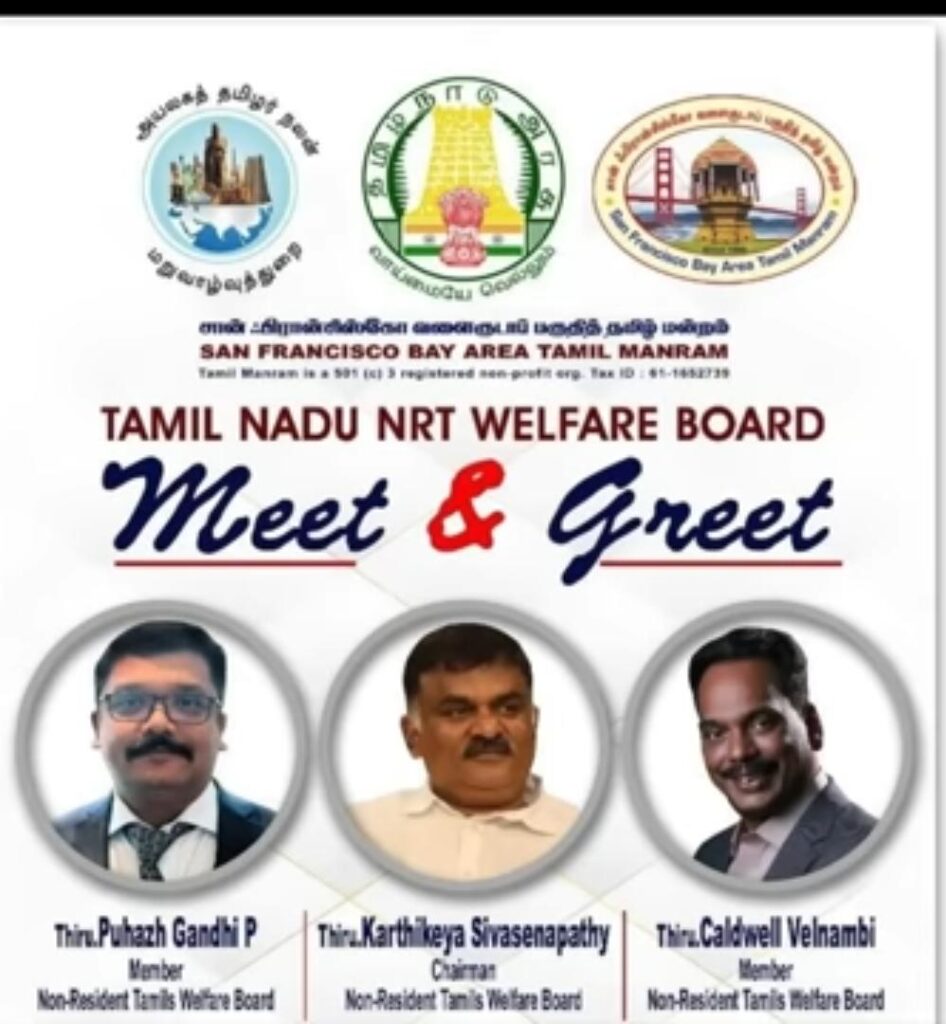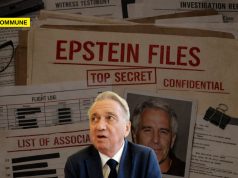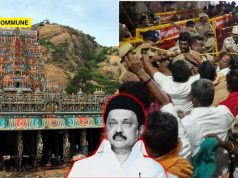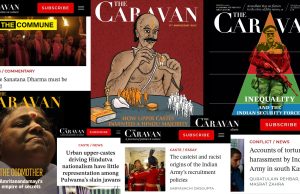
Tamil Nadu Chief Minister M.K. Stalin departed for the United States (US) on the evening of 27 August 2024 for a two-week official trip. He is scheduled to travel to San Francisco and Chicago during his visit, likely aiming to attract investment proposals for Tamil Nadu.
Since assuming power in May 2021, Stalin’s trips to the UAE, Singapore, Japan, and Spain to attract investment for the state have been questioned by critics. Doubts were raised, especially over the credibility of these investments. Some leaders even called for a ‘white paper’ to clarify the actual outcomes.
While Stalin’s previous foreign visits have resulted in investment proposals totalling ₹10,882 crores through 17 Memorandums of Understanding (MoUs), which were projected to create over 18,500 jobs, only five projects amounting to ₹990 crores have so far begun.
On one hand, there are concerns and speculations about the authenticity of the investments claimed by the government, with accusations piling up that public funds are being squandered on foreign trips that yield unreliable results, and on the other hand, the DMK government seems to be fostering a separatist agenda abroad, like the “Khalistani” movement. The DMK is potentially inciting divisive sentiments among the Tamil diaspora, advocating for a “separate Tamil Nadu” aligning with Dravidian ideologists and Periyarist supporters through the DMK’s NRI wing located overseas.
This accusation merits consideration, as the Tamil Nadu government has established a special act and created a separate commissionerate to support the Tamil diaspora abroad under the banner of “Non-Resident Tamils (NRT).
While the tag of Non-Resident Indian (NRI) tag applies to all Indians including Tamil people, the assertion of a separate NRT has raised eyebrows given that the DMK is a party that once advocated for separatism and still has the same separate Dravida Nadu undercurrents in its political rhetorics. Organizations such as the Federation of Tamil Sangams of North America (FeTNA) are directly linked to the DMK’s NRI wing, with figures like P. Pugazh Gandhi, a Joint Secretary, serving as members of the NRT Welfare Board.

If you look at the above poster, you can see the three DMK personalities identifying themselves as members of the Non-Resident Tamils Welfare Board, which is a body of the Tamil Nadu government.
Critics argue that Dravidianists may be engaging in some form of “cultural terrorism” to support a separatist agenda, which they liken to the “Khalistani” movement. This can be acknowledged in previous instances with the involvement of Father Jegath Gasper Raj and his NGO, Tamil Maiyyam, in Keezhadi has raised concerns. Father Raj, referred to in U.S. crime records as ‘Gaspar Raj Maria Paulian,’ has faced allegations of supporting LTTE activities, a group designated as a Foreign Terrorist Organization by the U.S. The increased foreign funding to Tamil NGOs, many of which are Christian organizations, has been noted. In 2013-14, Tamil Nadu received substantial foreign donations through NGOs, leading to investigations by Indian authorities. Academics affiliated with foreign-funded NGOs have secured roles in advisory boards related to archaeological projects, influencing excavation licenses and other concessions.
The U.S. Department of the Treasury froze the assets of the Tamils Rehabilitation Organization (TRO) in 2007 due to its links with LTTE. This freeze aimed to isolate terrorist groups financially. Father Gasper Raj’s association with the TRO further complicates the narrative.
The tenth World Tamil Conference, sponsored by FeTNA, held in Chicago in July 2019, focused on Keezhadi and was dedicated to Tamil scholar Rev. G.U. Pope. Many have warned of the significant impact of FeTNA’s foreign donations on India’s socio-political landscape, suggesting that these funds have influenced religious demographics and socio-economic conditions.
While these activities may outwardly appear to promote cultural preservation and welfare of NRTs, the key individuals involved are heavily aligned with left-leaning and Dravidian ideologies. This alignment raises concerns that they might advance separatist agendas and undermine national unity. Therefore, it is suggested that the central government should closely monitor these developments.
(With inputs from Maridhas)
Subscribe to our Telegram, WhatsApp, and Instagram channels and instantly get the day’s best stories.




